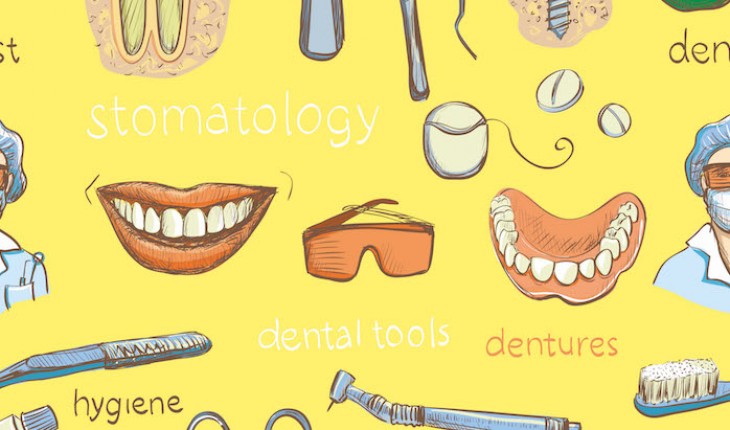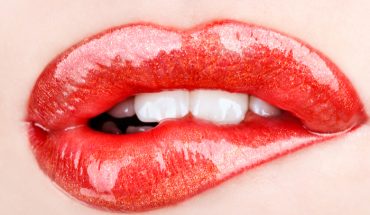There are a certain group of patients who have a lot of build up of hard deposits on their teeth which need to be carefully removed by hygienists at regular intervals-from every three months to once a year. But beneath the unsightly scale, their teeth are gleaming and perfect –protected from decay by their unusually calcium-rich saliva. There are several studies which show the link between salivary calcium and oral health, and I see the evidence in my practice every day.
I recently saw, for the first time, a 47-year-old female patient who had significant deposits on her teeth which she had to have removed every three months, but when we took X-rays, her teeth beneath were in near perfect condition, with no visible sign of any caries whatsoever. She told me she had never had a filling in her life, or even a twinge of pain from her teeth.
Although a non-sugary diet and good oral hygiene can help people to keep strong healthy teeth throughout their lives, this female patient admitted to loving chocolate and sugary fruit juice – usually a trigger for tooth erosion and decay.
Her brushing regime was patchy too, admitting to often rushing her teeth brushing ritual as she struggled to get three young children to school in the morning.
But her saliva, containing particularly high levels of calcium ions as shown by the calcification on her teeth, saved her teeth from damage. This happens because the calcium solution in the saliva is high enough to prevent calcium from the teeth leeching out – following chemical principles that everything seeks equilibrium. Salivary calcium also feeds healthy teeth. The hard matter of our teeth, enamel and dentine, consists of a very hard crystal called hydroxyapatite which is made from calcium, phosphate and hydroxyl ions. The more calcium in your saliva, the harder the teeth.
She was delighted when I told her and asked if she could tell her husband, who has a mouthful of titanium implants, to start eating more calcium-rich dairy foods or take calcium supplements. Sadly, it isn’t as simple as that. The calcium levels in someone’s saliva are dependent on genetics more than diet. She also asked if she could get home to chew calcium gum or even chew chalk! I had to explain that the calcium would abrade the teeth and cause more damage than benefit.
In the future, raising the calcium levels of saliva could help to reduce incidence of caries, but this is still some way off. In the meantime, the rest of us less fortunate people need to ensure that we maintain good oral hygiene and keep sugary snacks to a minimum.
- The thin red line and flossing - 9th August 2016
- Calcium in Saliva - 24th March 2016







